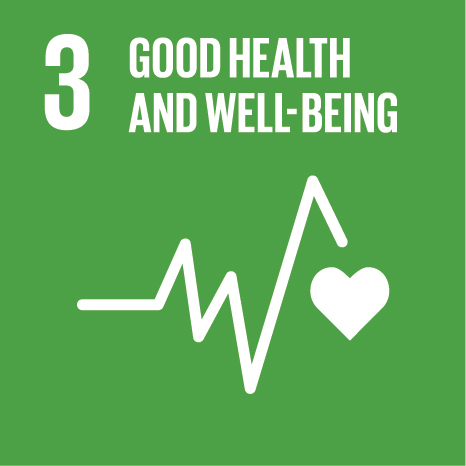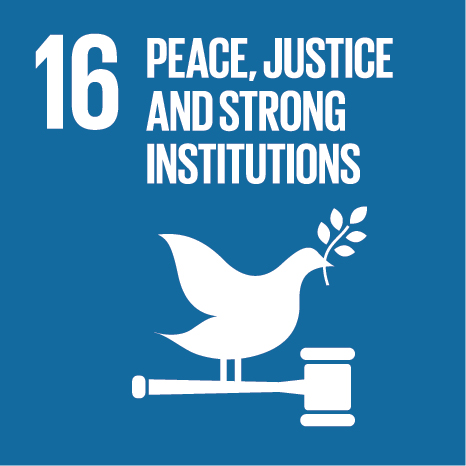 +265(0)111 624 222
+265(0)111 624 222 research@unima.ac.mw
research@unima.ac.mw Chirunga-Zomba, Malawi
Chirunga-Zomba, Malawi
Cross-sectional examination of 24-hour movement behaviours among 3- and 4-year-old children in urban and rural settings in low-income, middle-income and high-income countries: the SUNRISE study protocol
Abstract
Introduction24-hour movement behaviours (physical activity, sedentary behaviour and sleep) during the early years are associated with health and developmental outcomes, prompting the WHO to develop Global guidelines for physical activity, sedentary behaviour and sleep for children under 5 years of age. Prevalence data on 24-hour movement behaviours is lacking, particularly in low-income and middle-income countries (LMICs). This paper describes the development of theSUNRISE International Study of Movement Behaviours in the Early Yearsprotocol, designed to address this gap.Methods and analysisSUNRISE is the first international cross-sectional study that aims to determine the proportion of 3- and 4-year-old children who meet the WHO Global guidelines. The study will assess if proportions differ by gender, urban/rural location and/or socioeconomic status. Executive function, motor skills and adiposity will be assessed and potential correlates of 24-hour movement behaviours examined. Pilot research from 24 countries (14 LMICs) informed the study design and protocol. Data are collected locally by research staff from partnering institutions who are trained throughout the research process. Piloting of all measures to determine protocol acceptability and feasibility was interrupted by COVID-19 but is nearing completion. At the time of publication 41 countries are participating in the SUNRISE study.Ethics and disseminationThe SUNRISE protocol has received ethics approved from the University of Wollongong, Australia, and in each country by the applicable ethics committees. Approval is also sought from any relevant government departments or organisations. The results will inform global efforts to prevent childhood obesity and ensure young children reach their health and developmental potential. Findings on the correlates of movement behaviours can guide future interventions to improve the movement behaviours in culturally specific ways. Study findings will be disseminated via publications, conference presentations and may contribute to the development of local guidelines and public health interventions.
| Original language | en |
| Pages (from-to) | e049267 |
| Volume | 11 |
| Issue number | 10 |
| Publication status | Published - 2021 |
UN SDGs
This research output contributes to the following United Nations (UN) Sustainable Development Goals (SDGs)



UN SDGs
This research output contributes to the following United Nations (UN) Sustainable Development Goals (SDGs)



UN SDGs
This research output contributes to the following United Nations (UN) Sustainable Development Goals (SDGs)


